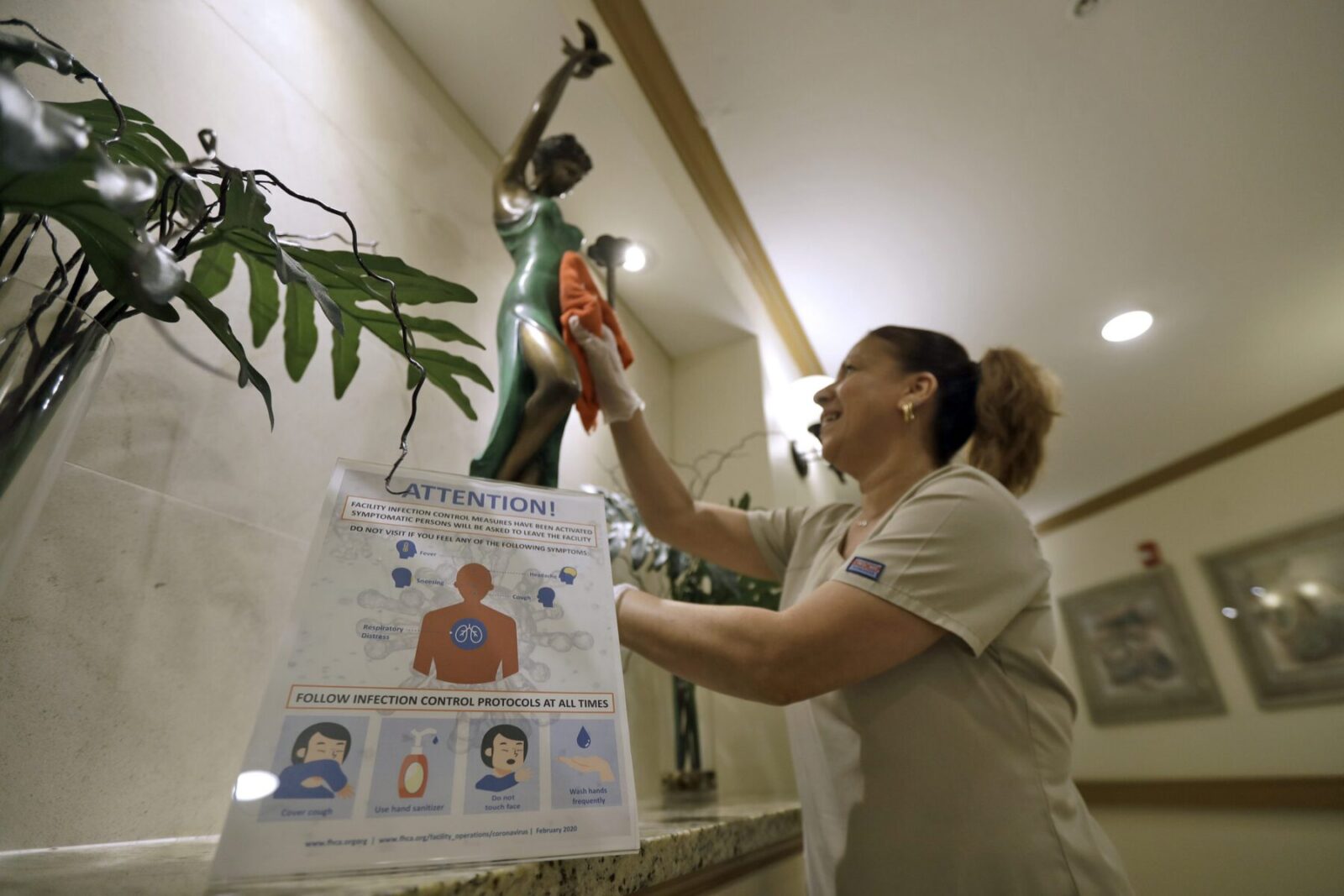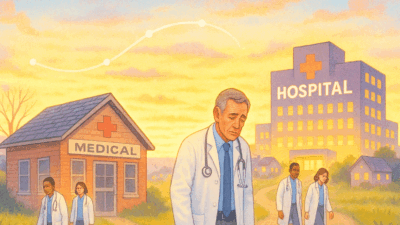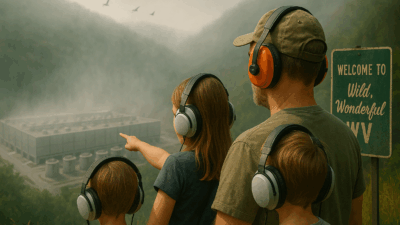With coronavirus deaths and infections increasing at home and abroad, states in Postindustrial America are preparing for what experts say will likely be a global pandemic.

As cases of the virus — which has killed more than 3,000 people around the world — are reported in more states U.S. health officials are preparing for a mass infection scenario.
Communities throughout the country are considering potential responses to a wave of infections and what effect that would have on the workplace, schools, and public events.
The Postindustrial states of Pennsylvania, New Jersey, Michigan, New York, North Carolina, Illinois, Tennessee, Kentucky, and Wisconsin reported confirmed cases of coronavirus as of March 8.
“As more areas see community spread, local communities may start employing tools that encourage social distancing,” said Dr. Nancy Messonnier, director of CDC’s National Center for Immunization and Respiratory Diseases, said during a news conference.
“The goal of social distancing is to limit exposure by reducing face-to-face contact and preventing spread among people in community settings.”
Globally, the World Health Organization provides daily updates on the number of countries reporting new cases.
Health officials are preparing residents with the latest information and precautions they can take to help avoid infection. The CDC also offers guidance for the public on risk levels and prevention.
“I know it is coming. It might be already here. There might already be cases here that have yet to be discovered,” Ohio Department of Health Director Dr. Amy Acton said during a news conference this past week. “There’s no doubt in my mind we’ll have cases.”
Acton urged Ohioans to stay at home if they’re feeling ill and to stock up over-the-counter, cold-and-flu relief medicines as well as food if you feel an illness coming on, the Cleveland Plain Dealer reported.
Most folks fighting a coronavirus infection can do so from home and won’t require hospitalization, she noted. There is not yet a vaccine to thwart the spread of the virus.
“Most of the cases in this country are at home,” she said. “They’re not sick enough to be actually in a hospital.”
In neighboring Pennsylvania and West Virginia, state health officials are preparing for inevitable infections and testing those who may show symptoms associated with coronavirus.
The Pennsylvania state lab is “testing samples as we speak,” said state Health Department Secretary Rachel Levine, Spotlight PA reported.
West Virginia health officials said they have one test kit on hand capable of checking for the virus in hundreds of people, according to the state’s Metro News.
“That’s a large number when you consider each one of those kits can test about 700 or 800 individuals,” West Virginia Department of Health and Human Resources Secretary Bill Crouch said.
“The expectation is that within a couple of weeks that states will be able to test themselves for suspected cases and we’re gearing up for that,” he told the news outlet.“The availability of test kits is important.”
Health officials in Michigan, Tennessee, Kentucky, and Alabama were preparing for the virus’ arrival in their respective states.
A professor of preventive medicine at Vanderbilt University Medical Center warned that the coronavirus had established “independent chains of transmission” in the U.S. with no known link to China — where the virus originated — or other infected nations, the Tennessean reported.
“Patients showed they had no contact with China or any other country in the world, so they must have picked up their coronavirus locally, which means the virus is quietly moving among us and spreading from person to person, at least in some locations,” Schaffner told the paper. “How extensive is that? In the United States, we still do not know.”
Rui Zhao, communicable disease supervisor, and epidemiologist at Louisville Metro Public Health and Wellness in Kentucky told the Louisville Courier-Journal that there is still much to learn about the coronavirus, including whether citizens can expect it to have a seasonal cycle like the common flu.
“We just do not know yet,” said Zhao, as reported in the Louisville Courier-Journal. “COVID-19 (the scientific name for the virus) took off in late December … so we don’t know if it’s going to be a seasonal or cyclical nature like the flu. We hope it isn’t, but it’s possible.”
What officials do know is that despite efforts by the Trump administration to downplay the severity of the coronavirus is that it is far deadlier than seasonal flu strains, putting the death rate at those contracting the virus at 3.4 percent, the World Health Organization reported.
The CDC reports that of the millions of Americans that caught the common flu over the last year, only a fraction of 1% died as a result of their illness.
Meanwhile, in Alabama, scientists there said there is a need for more coronavirus tests than the 70,000 already distributed by the CDC.
“If there is an increased need for testing, we want to all be prepared to meet that need,” said Jeff Wisotzkey, chief science officer & laboratory director at Diatherix, a Huntsville, Ala., laboratory specializing in infectious diseases and antibiotic resistance genes, AL.com reported.







